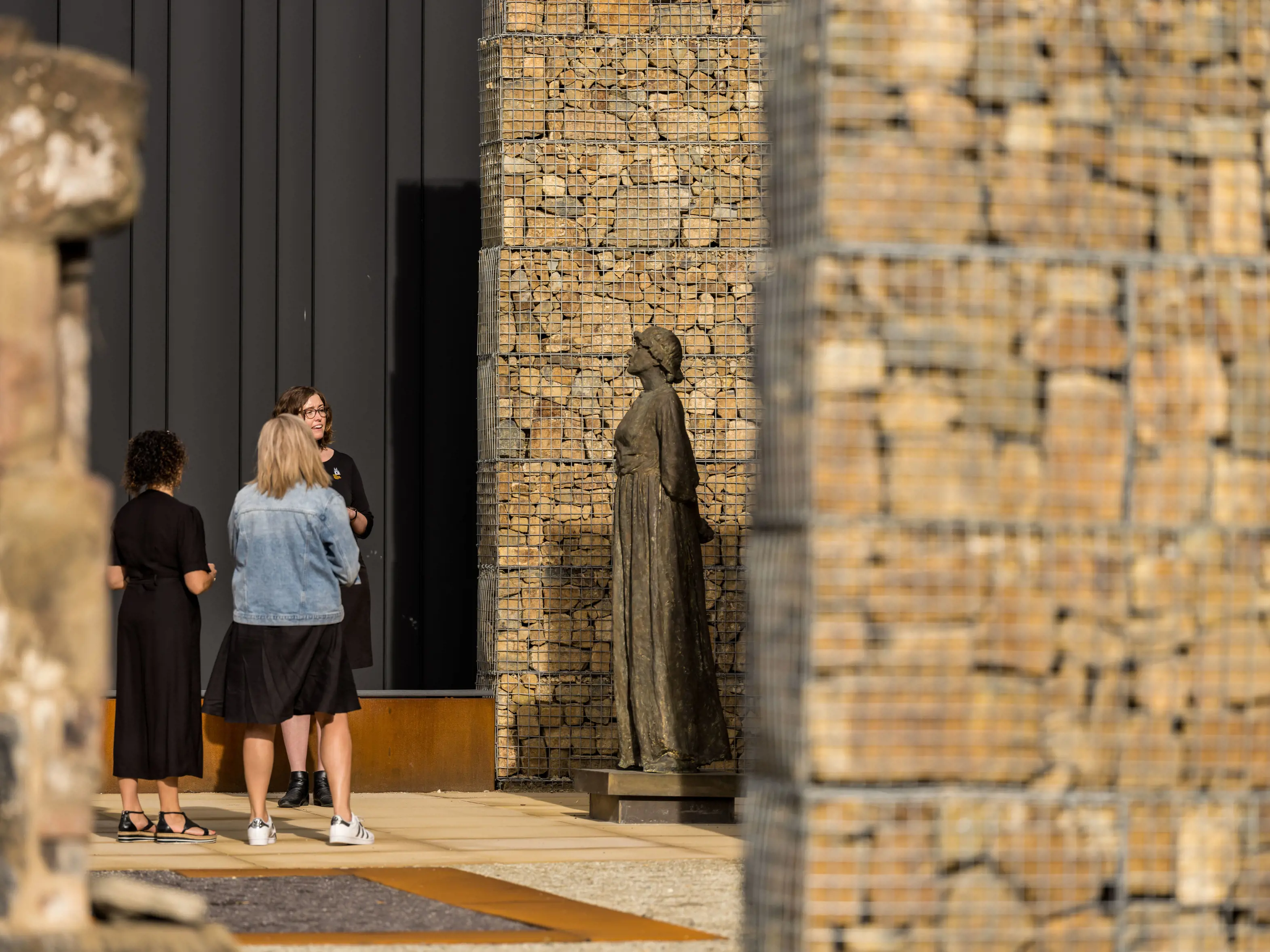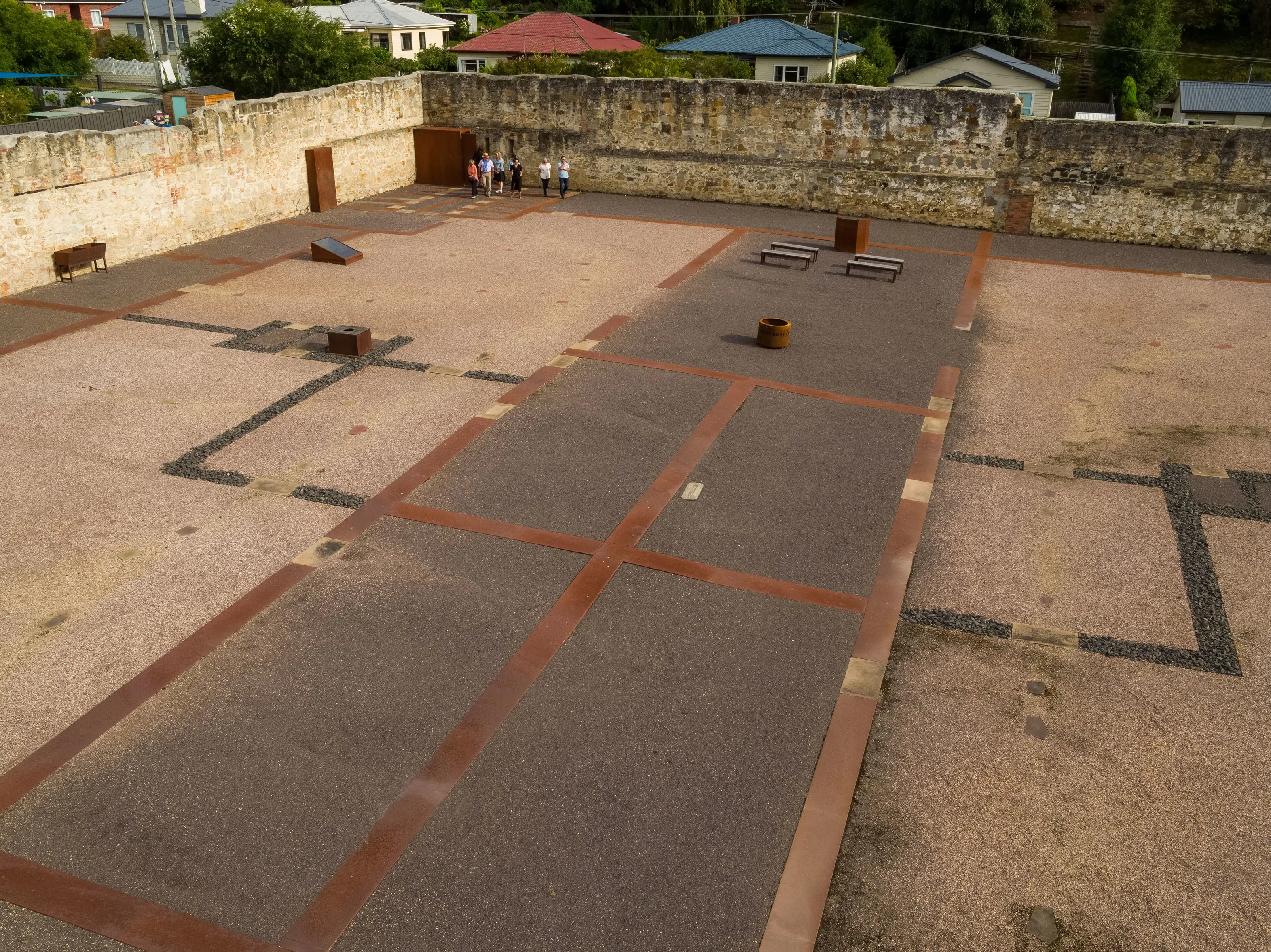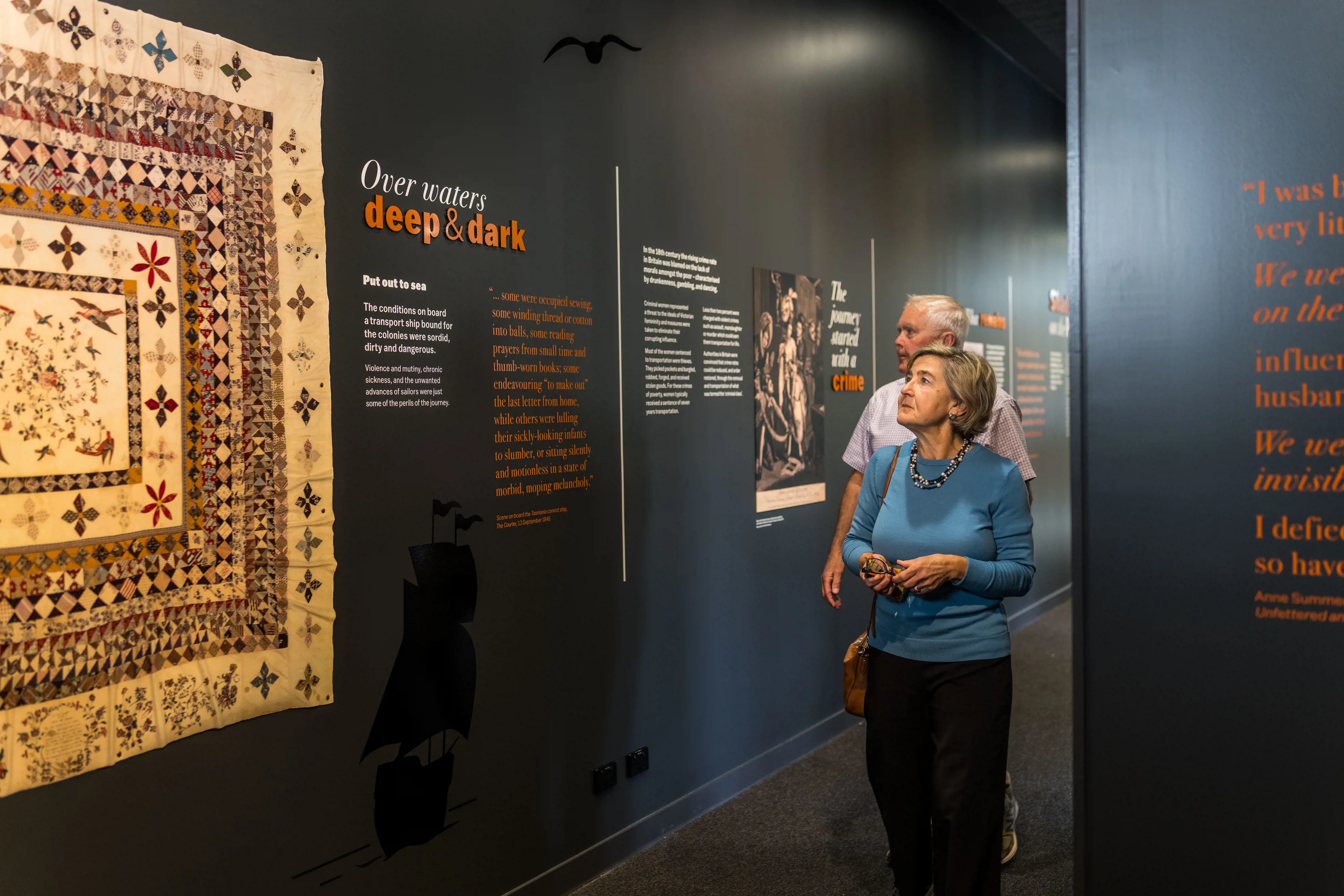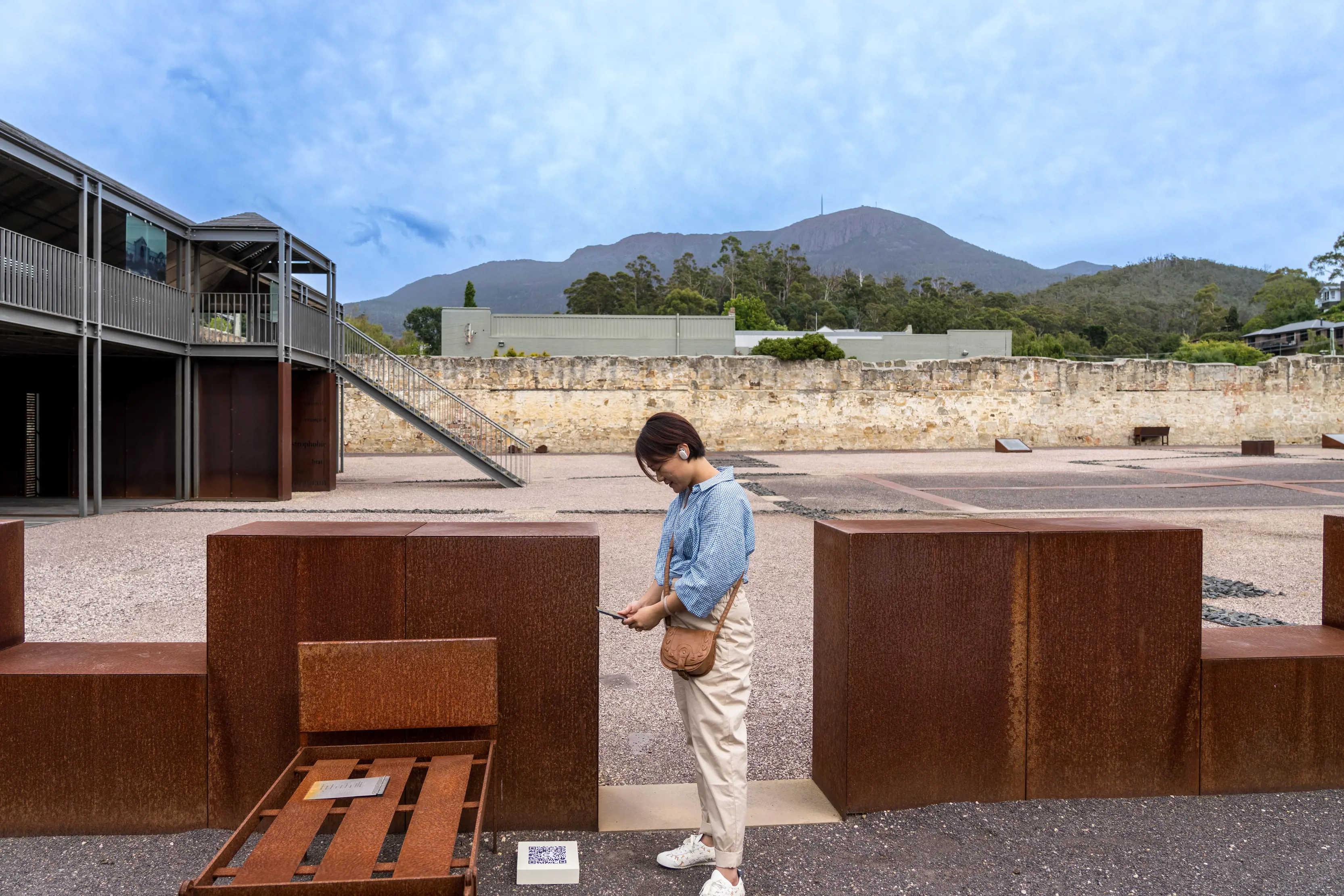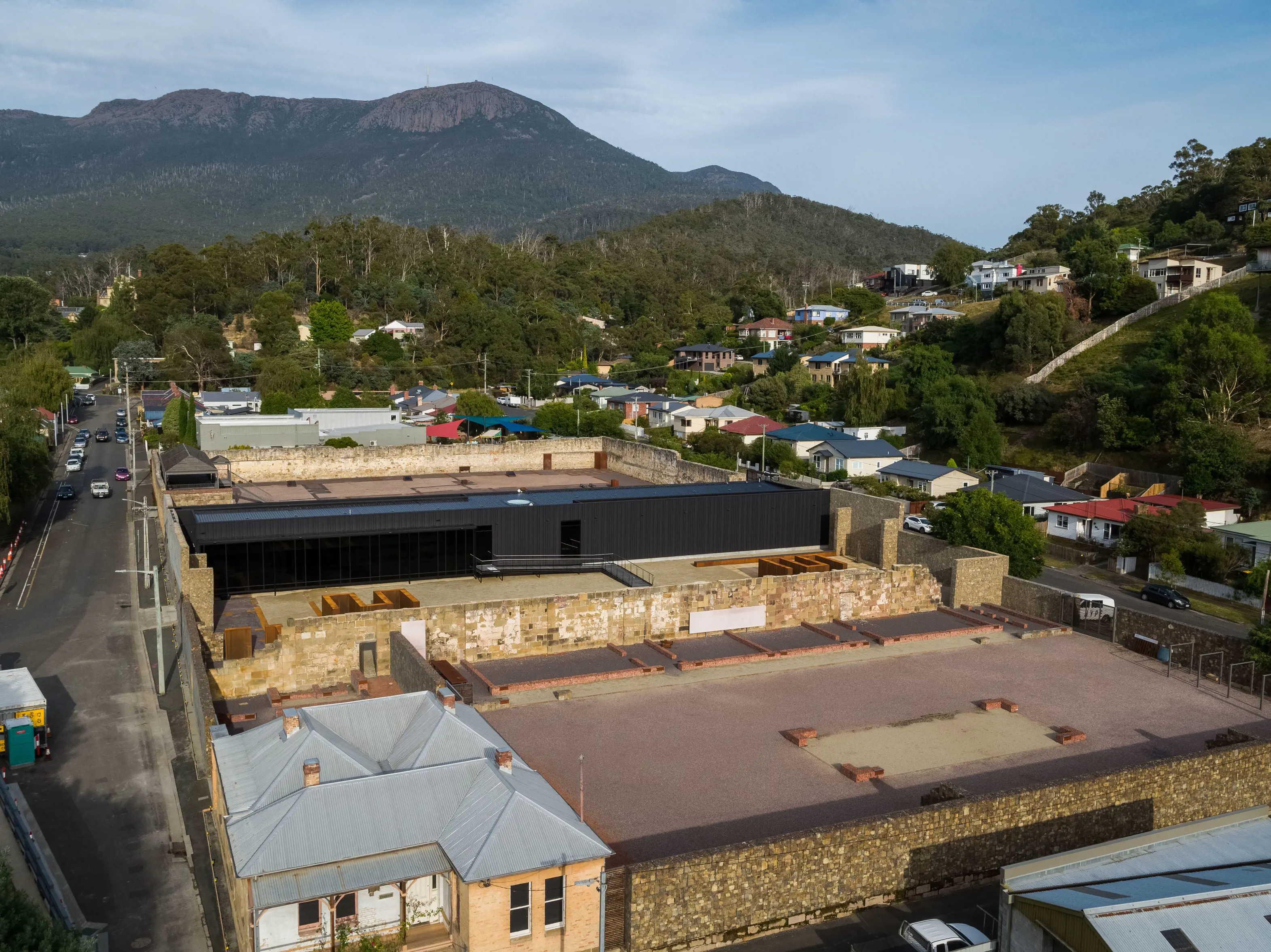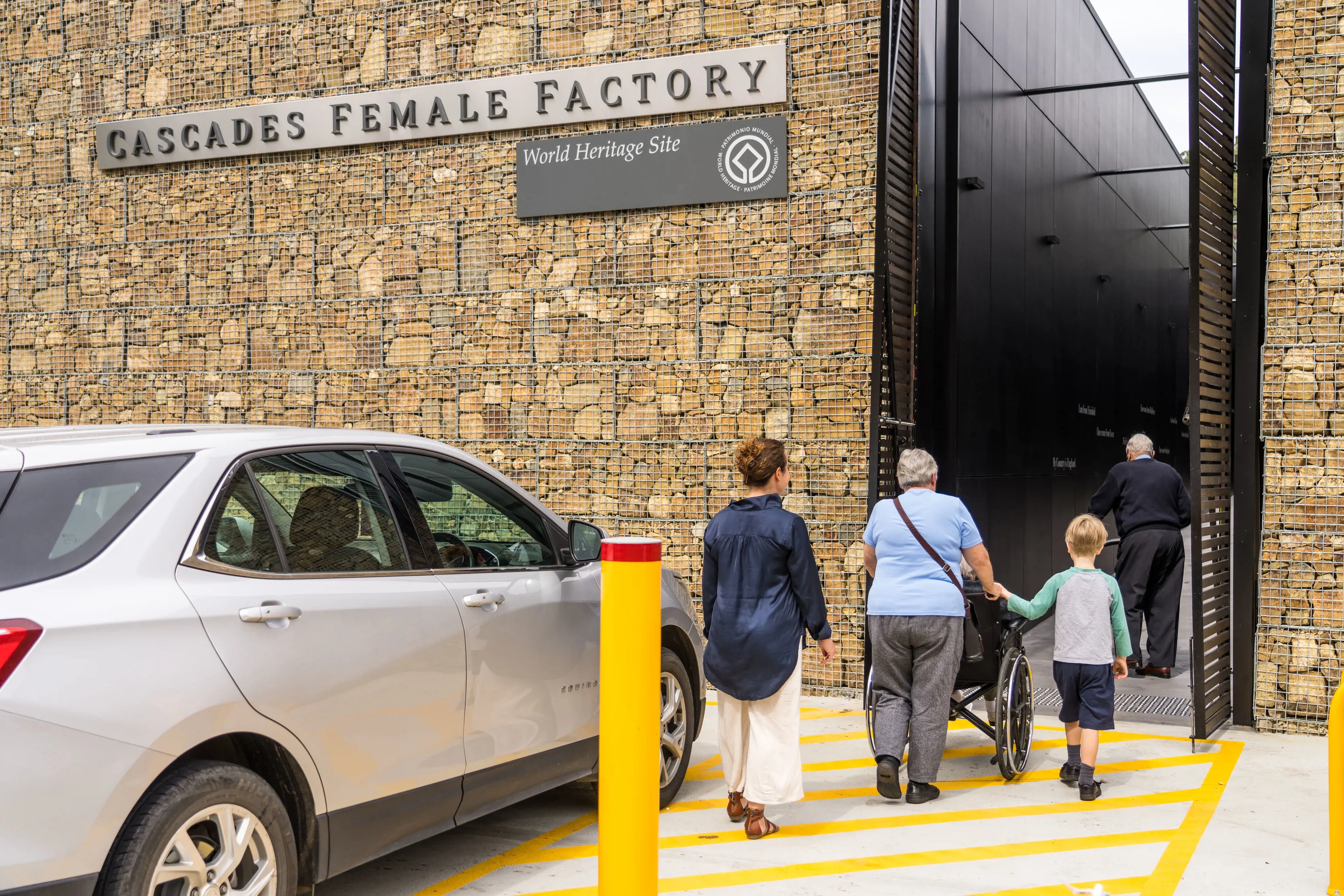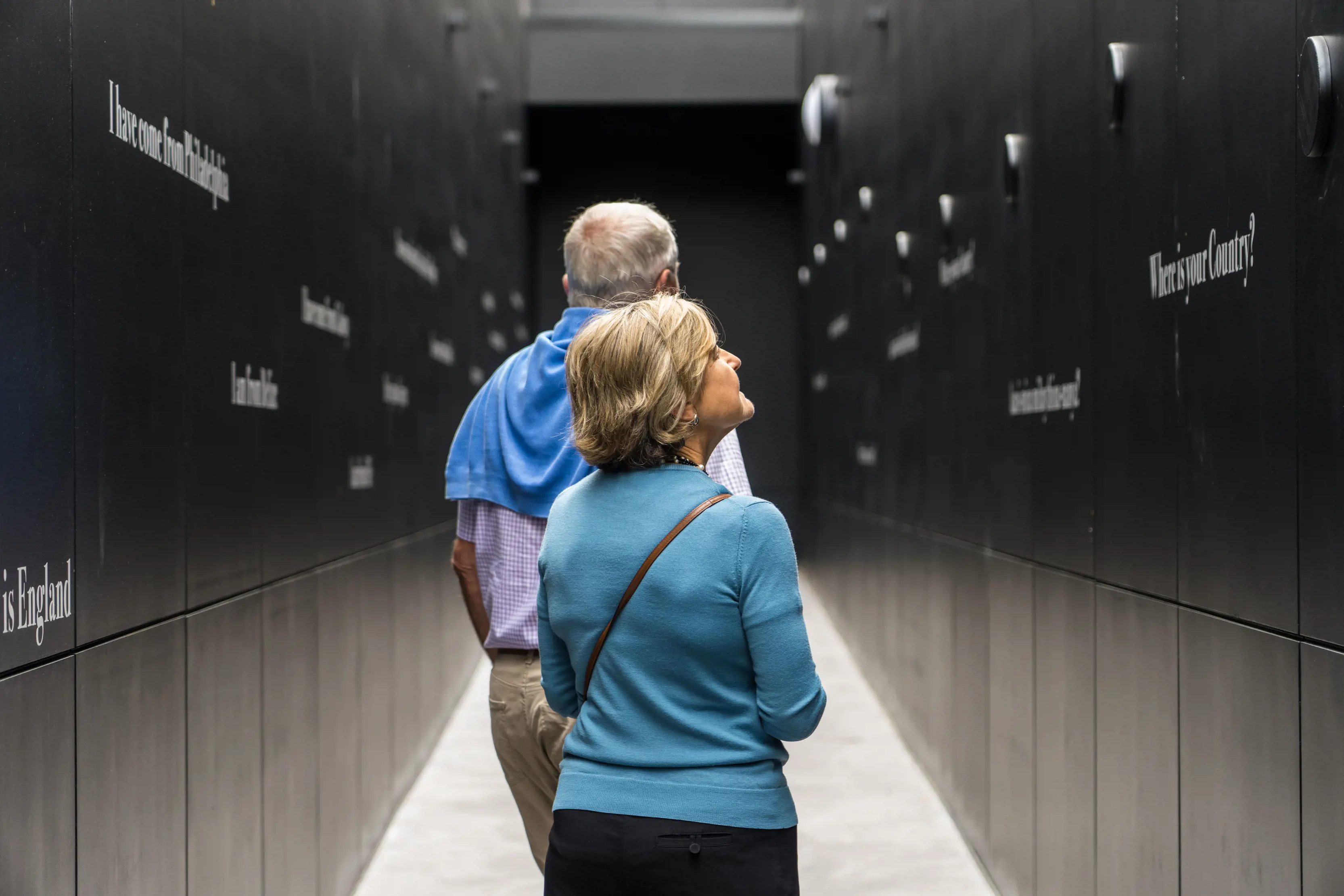
In a town rich with historical sites, the World Heritage-listed Cascades Female Factory is one of Hobart’s most moving.
Bordered by high stone walls in suburban South Hobart, the factory operated as a prison for 28 years from the colony’s earliest days, housing about 7000 women convicts and 2000 babies during that time.
Originally the site of a failed distillery, the Cascades Female Factory opened in 1828 and held up to 1000 people at a time, though it was designed for just 100.
If you listen carefully, you can hear the mewling of babies in the nursery, the chattering of the women as they go about their work, and the ringing of the bells to mark the passage of time.
A new interpretive centre introduces visitors to the lives of the female convicts and their children through audio tours, history tours, theatrical performances and artefacts. Voices and stories evoke Hobart’s often harsh history - one wall records the first names of all the women incarcerated here, another charts the births and death of the babies.
The sunless yards that were once full of claustrophobic cells, a nursery, a hospital and laundries are empty now, but visitors can see their outline and regular guided tours paint a vivid picture of daily life in the factory.

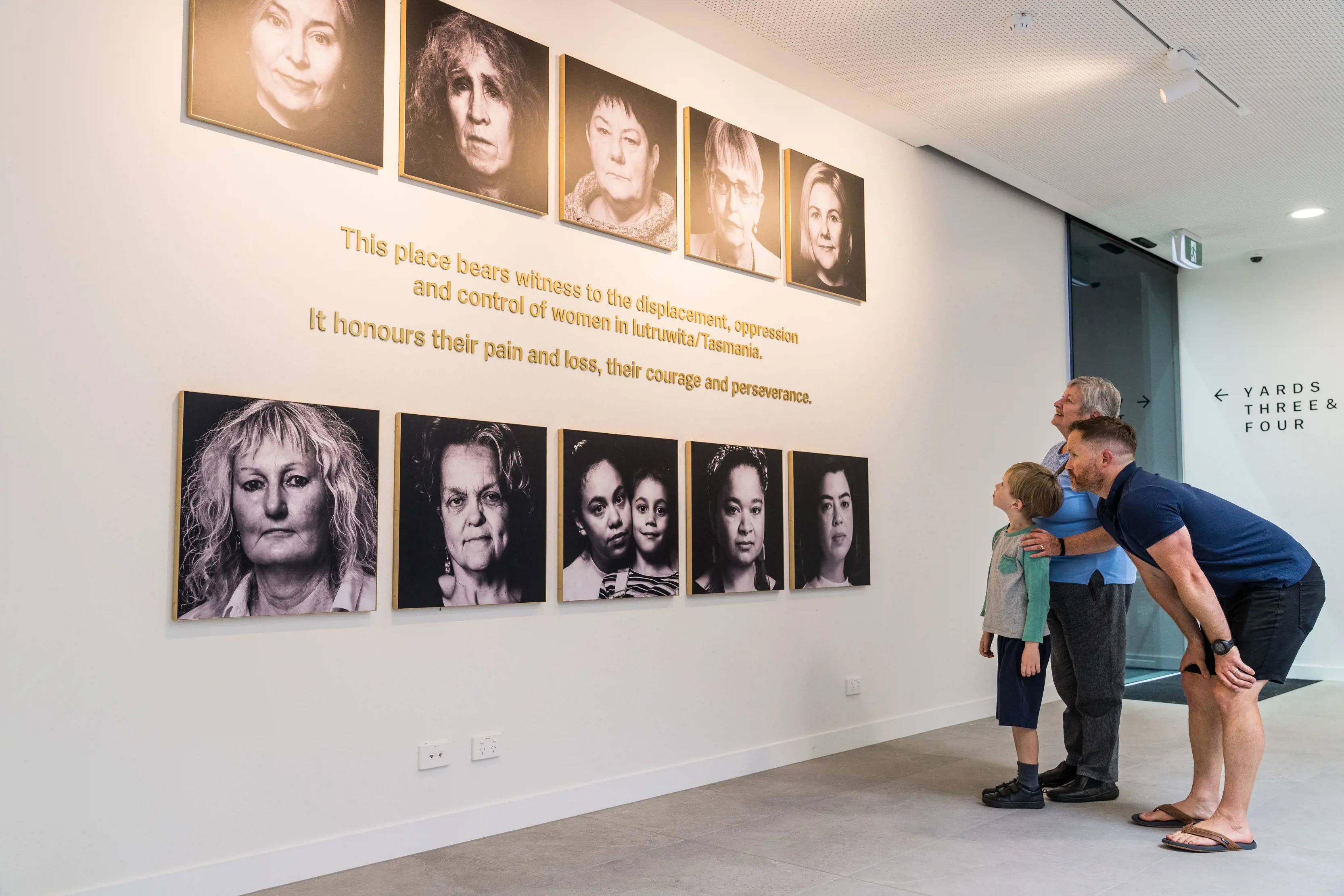
The Cascades Female Factory is one of 11 World Heritage-listed convict sites in Australia, five of them in Tasmania.
While the lives of the convicts are the main focus, the factory’s interpretive centre also highlights the role of women in pre-colonial, colonial and contemporary times in Tasmania.
The factory is located on Muwinina land, and palawa (Tasmanian Aboriginal) women were dispossessed by the arrival of the British. New entrances to the interpretive centre celebrate these women as their voices welcome the female convicts and today’s visitors.
The story of Truganini is told vividly. The Nununi woman from lunawuni (Bruny Island) was buried in Yard 1 of the factory after her death in 1876. Her remains were later displayed at the Tasmanian Museum and Art Gallery, then returned to her people and her ashes scattered in D’Entrecasteaux Channel. The site of her grave at the factory is marked with a tuylini (a stringybark), which the people of lunawuni consider to be their countrymen.
Another feature are the stories of contemporary Tasmanian women who have personal connections to the site and those who have had a lasting impact on the lives of women.
Need to know
The Cascades Female Factory Historic Site, at 16 Degraves St, South Hobart, is open daily, 9am-5pm. Guided tours run regularly throughout the day (bookings preferred).
It’s a 10min drive from the CBD or a pleasant 20min walk along the Rivulet Track. The Red Decker bus can drop visitors on Cascade Rd, a 3min walk to the site. The gift shop has an extensive collection of books about convict history and Tasmanian women.
